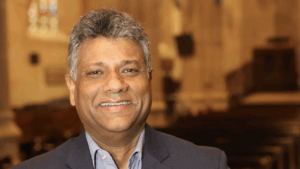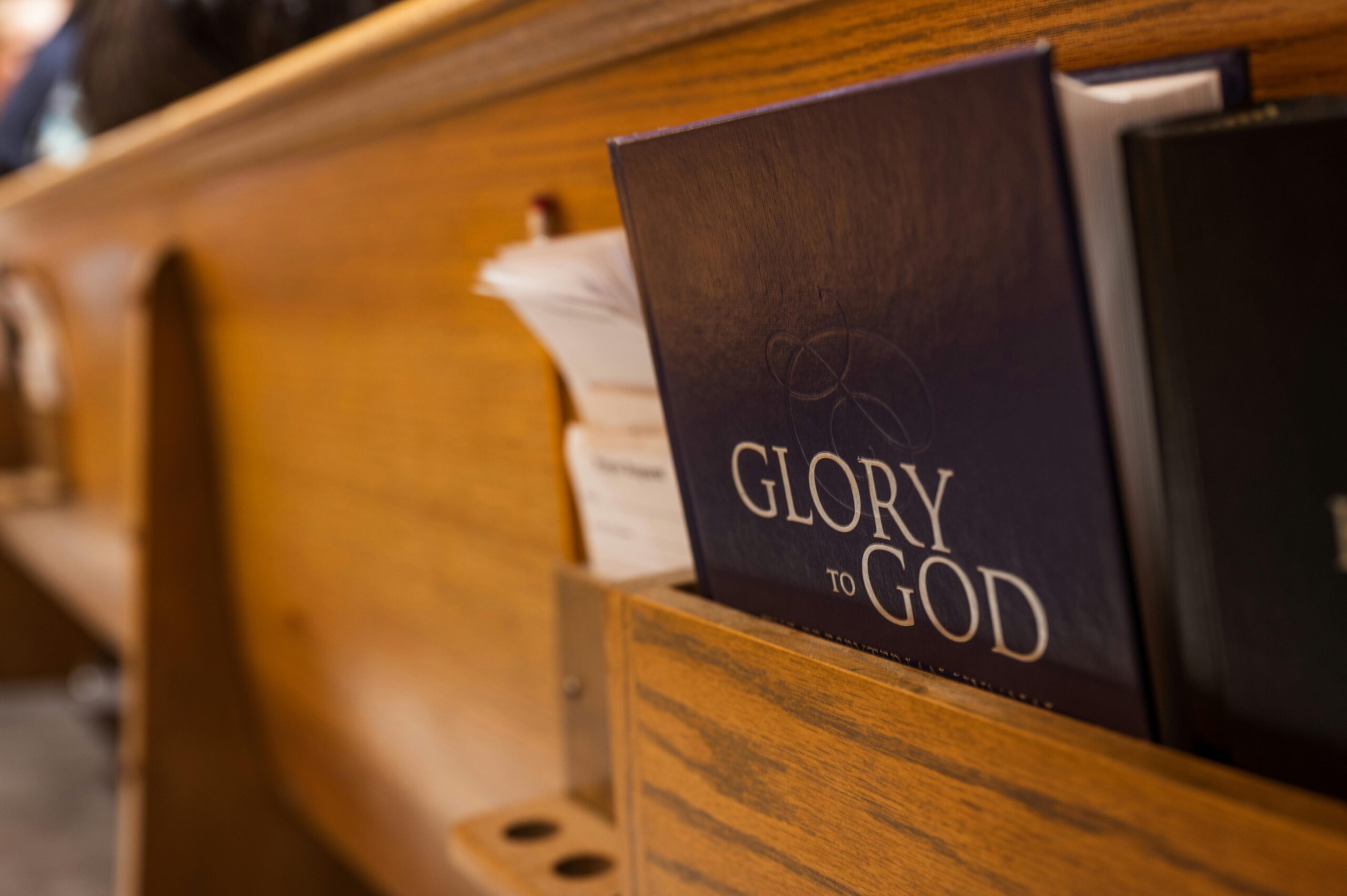November 6, 2025
Conversion Theology

The problem for orthodox Christianity is that conversion theology – and therefore conversion therapy – is at the centre of its existence.
Or to put it another way, when someone is converted to and by the gospel, the natural consequence is that a discipleship and pastoral process then takes place (or at least it should) that will challenge the very foundation of what legislators hope to achieve when they table anti-conversion therapy legislation before our parliaments.
What exactly do legislators hope to achieve? Simply put – they want the churches to do the heavy lifting by self-censoring their discipleship practices both around sexual identity and sexual practice. I mean, why jackboot and jail people when getting them to put masking tape over their own mouths is so much easier?
Christianity is a conversion religion. It takes seriously the discipleship of converts around matters of sexual practice because it sees the implications in Scripture of those who do not put such practices aside – gay, straight or whatever.
Call that discipleship process what you will, pastoring, teaching, training, hey even call it therapy (this is a therapeutic age after all). But whatever you call it, conversion is the start of the gospel. The ensuing lifetime process is the lining up our lives with the reality of what we have become in Christ.
Why is this important to orthodox Christians who believe the Bible to be God’s authoritative Word? Because eternity is at stake. The Bible says that every matter in our lives – money, forgiveness, addictions, and yes our sexuality, are fair game for the gospel refining process. Sexual practices outside the parameters of the Bible endanger our eternal souls. The Bible is clear about that.
But unless you believe that A) the Bible is God’s authoritative Word, and B) that the Bible is clear about such matters, this will be water off a duck’s back for you. The tension sits squarely with those orthodox pastors and Christian workers who are committed to the truth about God and the eternal salvation of those they are discipling.
So we are at the stage in which I’ve seen pastors tying themselves in knots when an antagonist points out the obvious: that praying or pastoring someone who has become a Christian, if that prayer or pastoral conversation concerns their sexual actions or gender-identity decisions, is conversion therapy.
It’s easy to say “no it’s not” and then attempt to strain out a gnat. But when it comes to conversion, Christian is camel all the way down: theology and therapy, Teaching and practice. And that’s the problem. The legislation is designed to get you second-guessing where that line is drawn.
You say “theology”, I say “therapy”, you say “discipleship”, I say “practice”, let’s call the whole thing off.
Or more to the point, let’s call the Anti-Discrimination Commissioner.
Anti-conversion Therapy legislation in Australia has tightened around such matters, driven often by ideological intent, with very little longitudinal evidence other than anecdotal. On the surface this is a solution looking for a problem to solve.
And what exactly is that problem? Not ongoing and systemic conversion therapy, the likes of which has long-been discredited. The problem is that churches – well the pesky non-revisionist ones – just won’t accept the Sexular Age as the future. And if they won’t line up willingly, then we have to make them line up unwillingly. And – sadly – lining up they are!
We all know that those pushing such legislations do not have wacky cults in their sights. And the legislators know that we know it too. But that’s their point.
In New South Wales, despite promises by Premier Chris Minns that such legislation would not include prayer, when it was tabled and passed it did indeed include prayer in its prohibitions, even if that prayer was requested by the person. NSW legislators paid lip-service to the hard work of those seeking rightly earned religious freedoms, but this promise was broken.
Now that does not mean that if a complaint comes to the courts that it would necessarily stand up, but that’s not the point. As Anglican Bishop Michael Stead stated concerning the NSW legislation, the process is the punishment.
Anti-Discrimination NSW has indicated it will side with the LGBT community first and foremost on any matter in order to see cases come to court first. So they’re going to let the courts decide whether you – a rector or pastoral minister – have crossed the line in these areas. That would make for a happy and settled 36 months of your life now, wouldn’t it? Ain’t nobody got time for that!
But as I said, the aim of all anti-conversion therapy protagonists is to make churches self-censor, and shamefully that’s what has occurred in Victoria, where the Anglican Church in the Melbourne diocese requires all staff to sign off that they will not contravene that state’s Act.
Given that the act in Victoria is just as muddy a couple of years on, as the NSW act is proving to be, indicates that fear and self-censorship are doing the heavy lifting for the activist and legislaors. Mind you, it doesn’t help when even the Baptists in Victoria work alongside the legislators by explaining the ins and outs of their churches pastoral models. Hey why not give them the keys to the buildings while you are at it!

Sydney Anglican Archbishop, Kanishka Raffel
Of course the bright light in all of this in Sydney is the commitment by Archbishop Kanishka Raffel, that the diocese will support anyone brought to court over this slippery legislation. Sydney in particular is a conversion theology diocese, and hence most likely to fall into the crosshairs.
That the city of Sydney is also the Sexular Age gold medalist of Australia – and never far from the podium globally – tells you that such support is likely to be needed.
The Archbishop said this at this year’s Synod:
I want to say this clearly and publicly to you all, that I will stand by any clergy person or church worker who finds themselves brought before a tribunal or court because of this poorly conceived law… We must not be silenced or intimidated from teaching God’s good plan for human sexuality and relationships. We will insist on the freedom to do so respectfully, but without fear, we will obey God. We can do nothing less.
My only quibble with that otherwise excellent statement is that the law itself was not poorly conceived. Or perhaps I am just more cynical than the good Archbishop!
This was a nefarious and long-determined hatching and it smells of sulphur. It was conceived with exactly the results in mind that it is now getting; uncertainty, fogginess and a lack of clarity that leads to inaction. It was conceived precisely to stare down the churches and dare them to do anything else other than self-censor.
But to the Archbishop’s point: respectfully without fear, obey God. We can do nothing less.
Though of course we can do less, though we should not. The point of the legislation is that we obey the state rather than God – and if it takes fear of the state for you to get it to do what it wants rather than what God wants then, apparently, the state is prepared to do that.
Written by
There is no guarantee that Jesus will return in our desired timeframe. Yet we have no reason to be anxious, because even if the timeframe is not guaranteed, the outcome is! We don’t have to waste energy being anxious; we can put it to better use.
Stephen McAlpine – futureproof
Stay in the know
Receive content updates, new blog articles and upcoming events all to your inbox.


